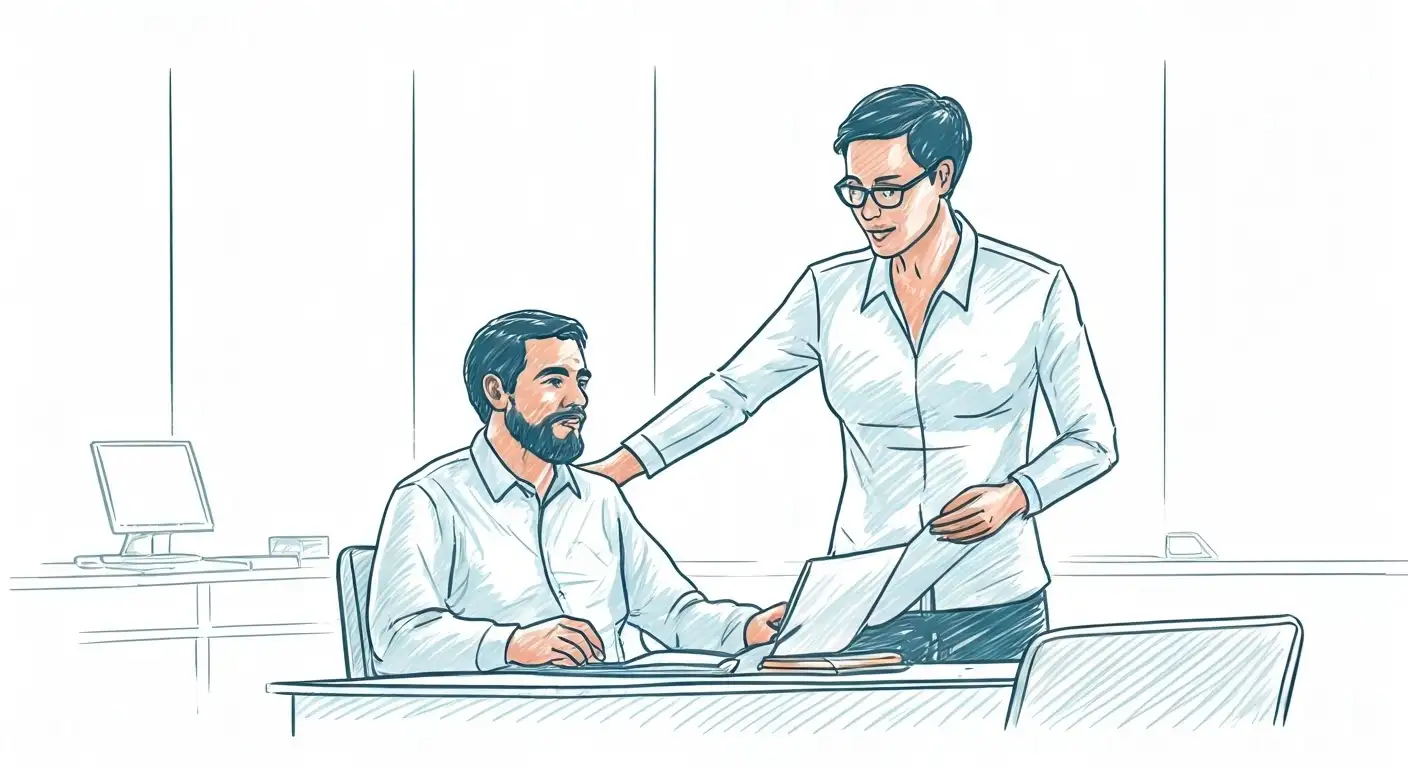Explore the world of NDIS support coordination and gain valuable knowledge about how it helps participants navigate their plans, connect with services, and achieve their goals more effectively.

Support coordination is a vital component of the NDIS that helps individuals with disabilities get the most out of their plans. It involves working collaboratively with a support coordinator who acts as a knowledgeable partner, offering guidance and practical assistance in accessing a wide range of support services every step of the way.
From understanding the intricacies of your NDIS plan to connecting with service providers, support coordination simplifies the process and empowers you to make informed decisions about your supports.
A support coordinator is essentially your NDIS guide and advocate. They play a multifaceted role in:
Your support coordinator is bound by a service agreement, which outlines the scope of their services and your rights as a participant.
Support coordination is not just a helpful addition to your NDIS plan—it's a cornerstone of success. Here's why:
The NDIS offers different levels of support coordination to cater to the diverse needs of participants. Each level provides a varying degree of assistance, ensuring you receive the appropriate level of support based on your individual circumstances and goals.
Understanding the different levels can help you determine which one aligns best with your needs.
The NDIS offers three distinct levels of support coordination:
| Level | Description | Suitable For |
|---|---|---|
| Level 1: Support Connection | Provides assistance with understanding your NDIS plan and connecting with NDIS providers, community supports, mainstream services, and more. Focuses on building your confidence and skills to manage your plan independently. | Individuals who are relatively new to the NDIS or require minimal support to implement their plans. |
| Level 2: Coordination of Supports | This level involves greater assistance in putting in place and managing a mix of supports. The goal is to enhance your capacity to maintain relationships, manage tasks, increase independence, and engage with the community. | Individuals who require a higher level of support coordination, more hands-on support in coordinating and managing their supports, developing life skills, and navigating challenges. |
| Level 3: Specialist Support Coordination | Offers a higher level of support for participants with more complex needs or facing challenges within their support environment. Specialist support coordinators have expertise in navigating intricate situations, advocating for your needs, and ensuring service delivery consistency. | Participants with complex or challenging circumstances, requiring specialised support to overcome barriers and access appropriate services. |
Selecting the right level of support is crucial for maximising the effectiveness of your NDIS plan. Consider these factors:

Finding the right support coordinator is a significant step towards a successful NDIS experience. It's about establishing a trusting partnership with someone who understands your needs and advocates for your best interests. The process involves identifying your needs, researching potential coordinators, and engaging in open communication.
Working effectively with your support coordinator ensures your supports are tailored to your individual aspirations and contribute to your overall well-being.
A strong and collaborative relationship with your support coordinator is essential. Consider these tips:

While support coordination is invaluable, challenges can arise during the journey. These challenges may involve communication barriers, coordinating with multiple providers, or accessing specialised services.
It is essential to proactively address these challenges to ensure your NDIS plan remains on track and effectively meets your evolving needs.
Navigating the NDIS and support coordination can present some common challenges for participants:
Here are strategies to overcome challenges in support coordination:
Support coordination is crucial for navigating the complexities of NDIS plans. By understanding the different levels and types of support coordination available, you can make informed decisions that align with your needs. Building a productive relationship with your coordinator and addressing challenges head-on are key to maximizing the benefits of NDIS support. Remember, your well-being is a priority, and having the right support in place can make a significant difference in your journey. Stay informed, stay empowered. Subscribe to stay updated on the latest insights and tips for effective NDIS support coordination.
How do I change my support coordinator if I'm not satisfied?
If you'd like to switch to a new support coordinator, discuss your concerns with your current support coordinator and review your service agreement for any notice periods. The NDIS allows you to choose a provider that best suits your needs.
Can I have a support coordinator if I am self-managing my NDIS plan?
Yes, you can absolutely have a support coordinator even if you are self-managing your NDIS plan. Support coordination is separate from plan management and focuses on connecting you with service providers and navigating the NDIS system.
What is the difference between a support coordinator and a local area coordinator (LAC)?
A Support Coordinator assists in implementing your NDIS plan, focusing on linking you to services and providers. In contrast, a Local Area Coordinator (LAC) helps you understand and access the NDIS. Both roles support different aspects of navigating the NDIS effectively.
How often should I meet with my support coordinator?
The frequency of meetings with your support coordinator varies depending on your needs, the complexity of your plan, and your preferences. Discuss your desired meeting schedule with your coordinator and adjust as needed.
Are there any additional costs for support coordination services?
Support coordination funding is typically included in your NDIS plan. Your service agreement should outline all costs associated with the support coordinator's services. There should be no additional out-of-pocket expenses unless otherwise specified.